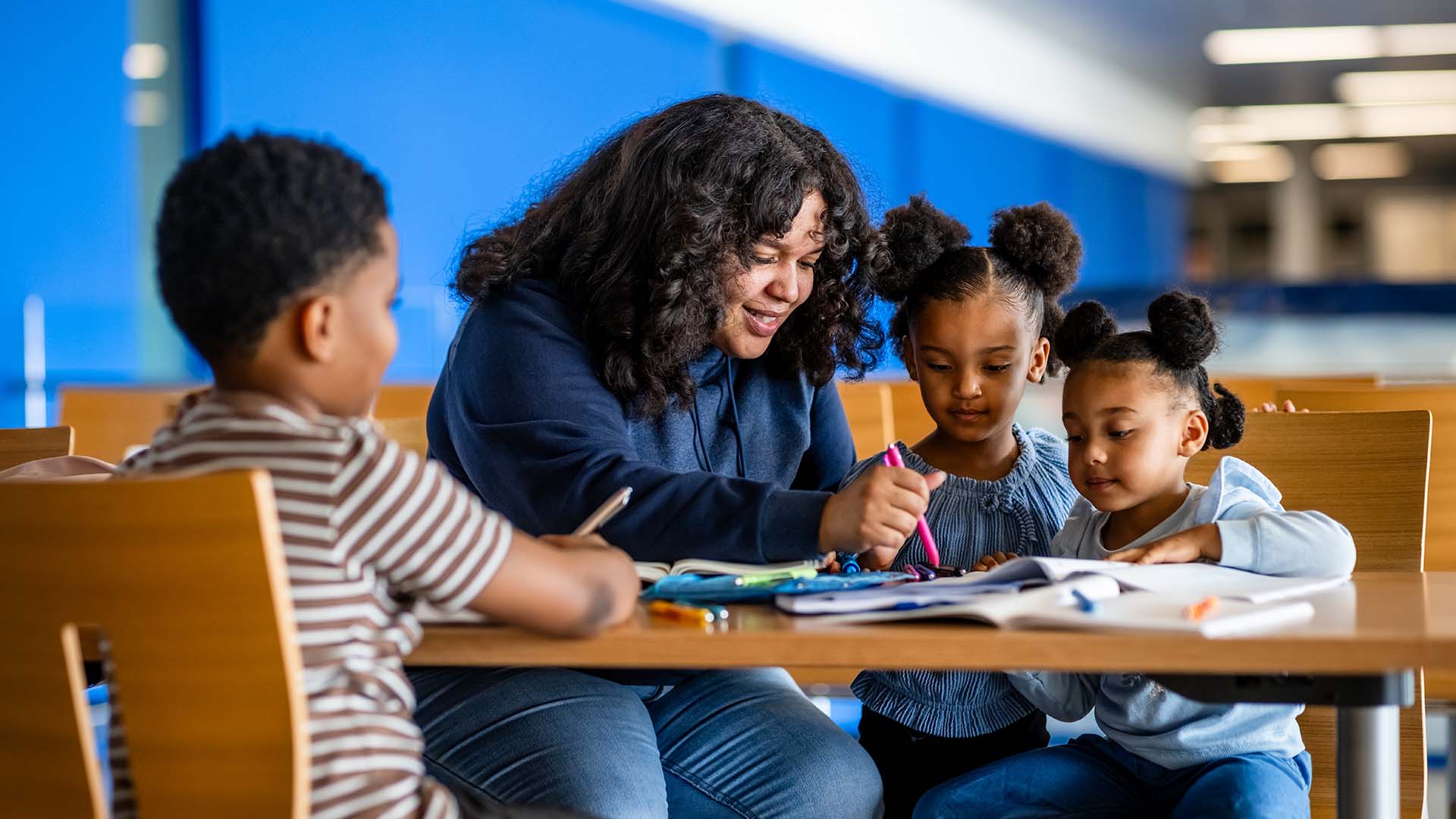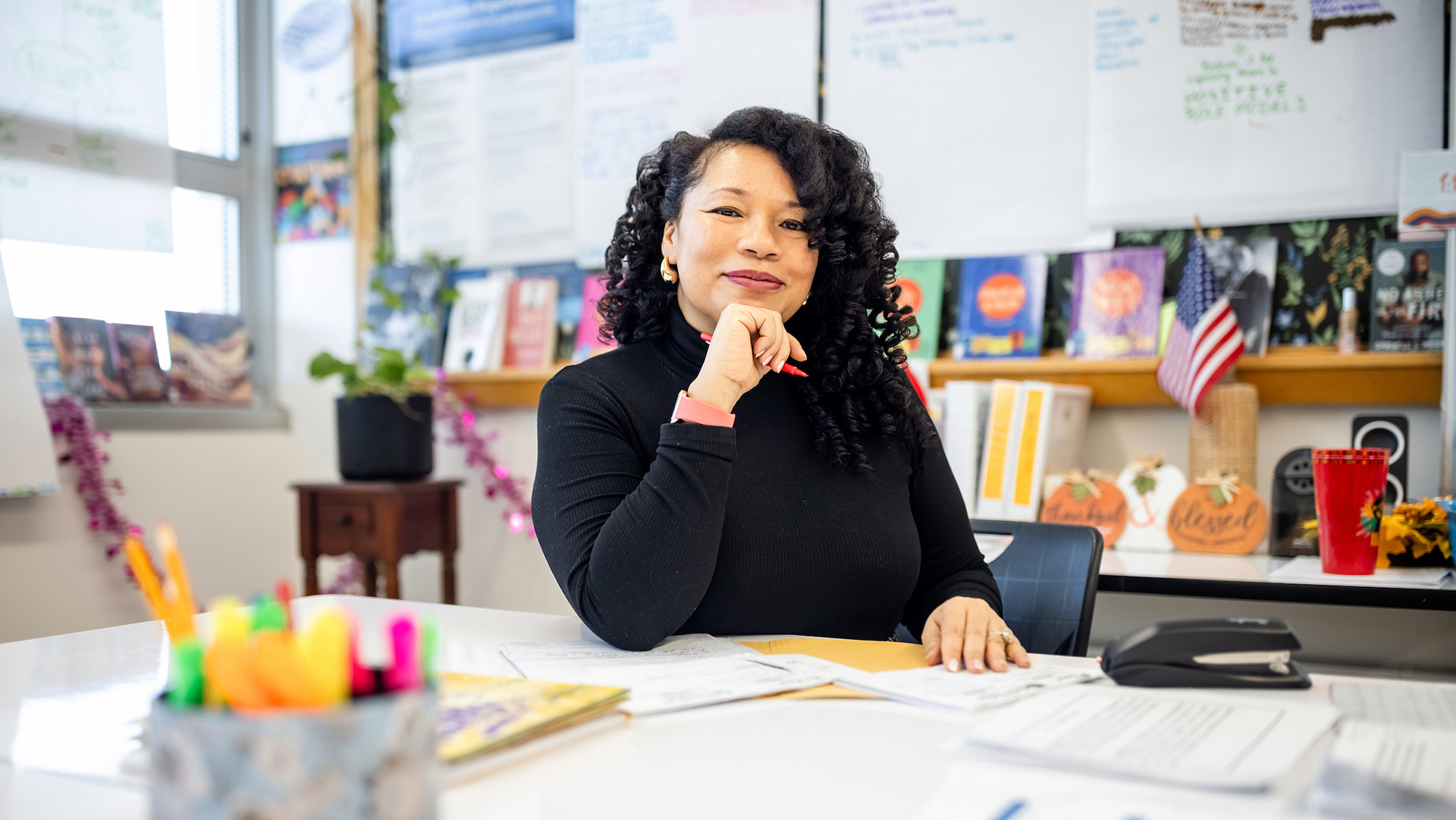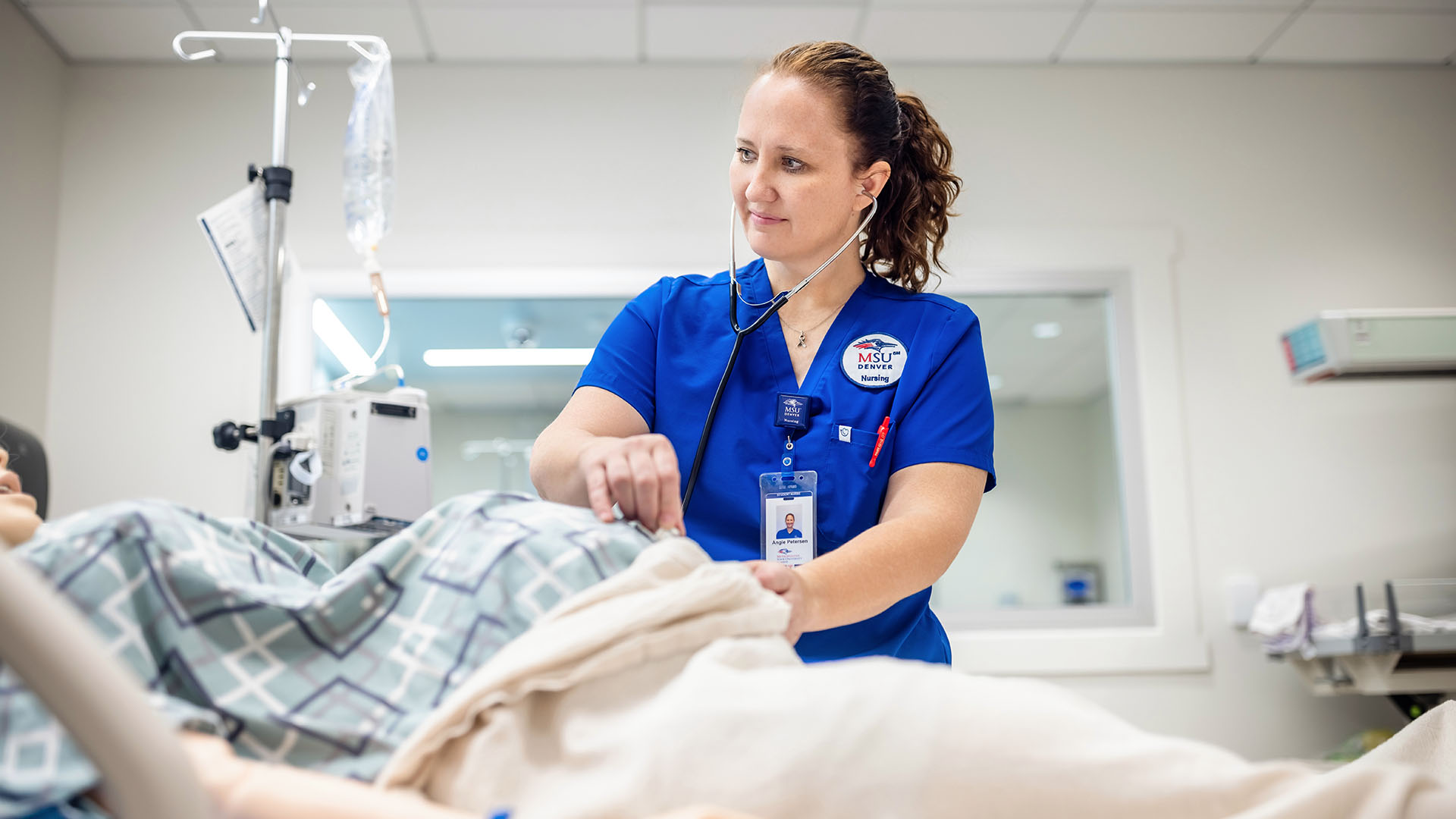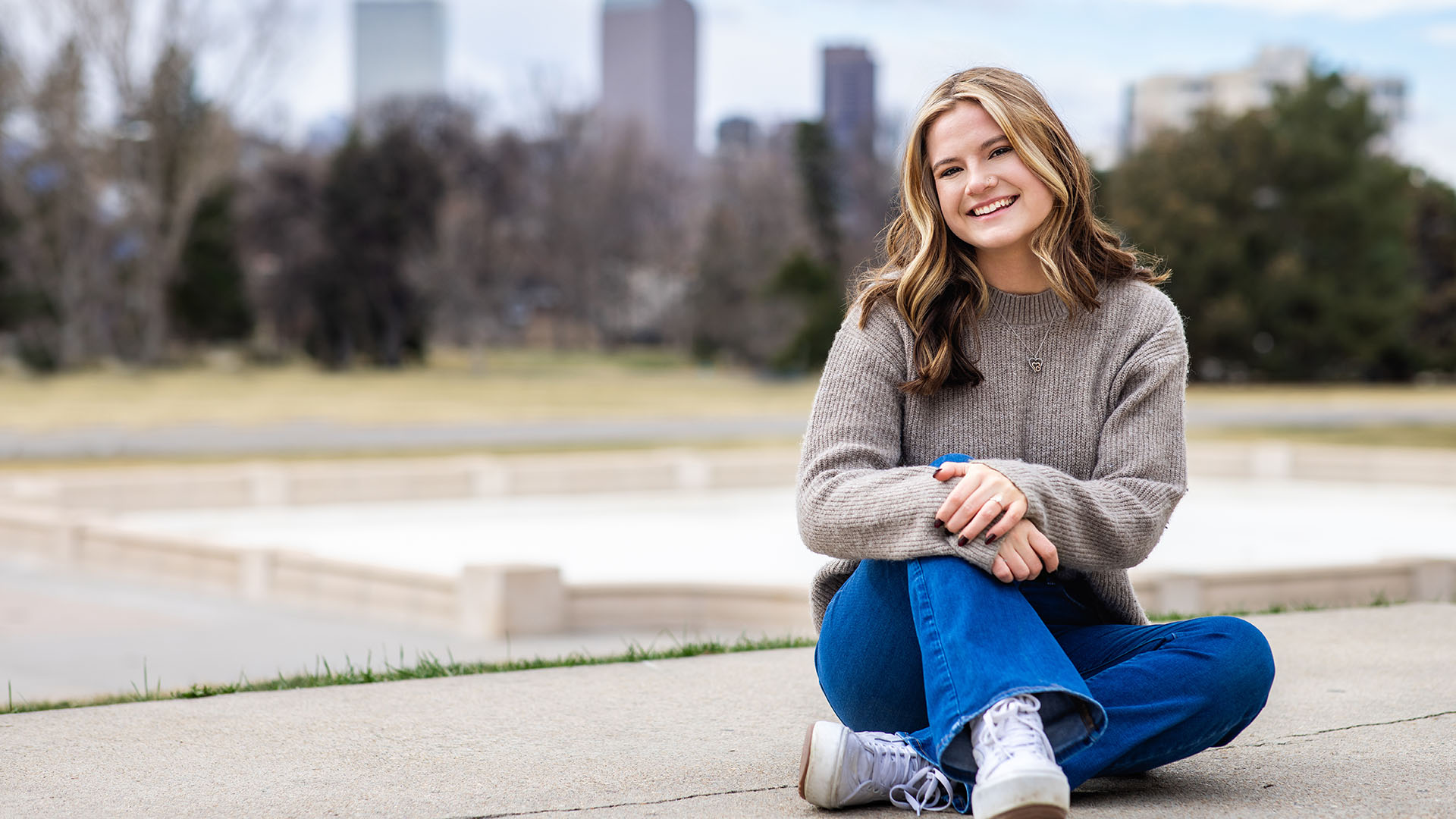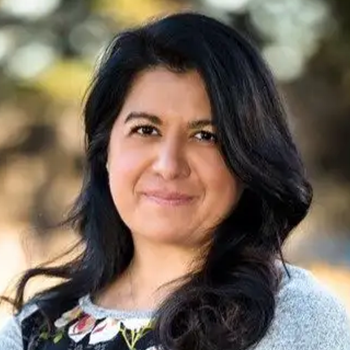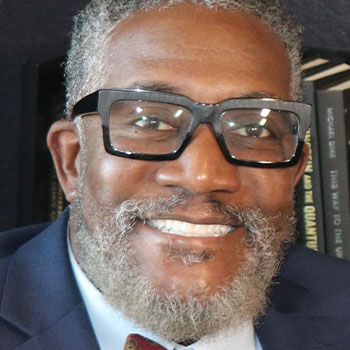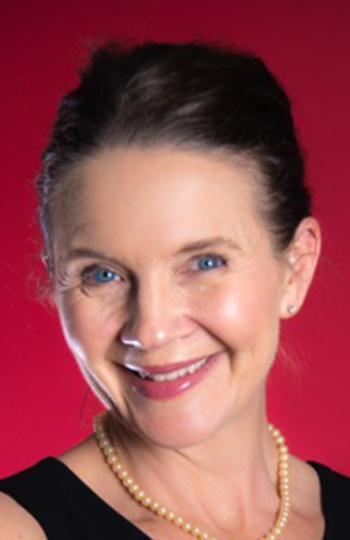TEDx talk: Normalizing disability begins in school
WATCH: Multiple sclerosis didn't stop Joe Schneiderwind from pursuing a career in the classroom. Now he's on a mission to help others with disabilities succeed, beginning in grade school.
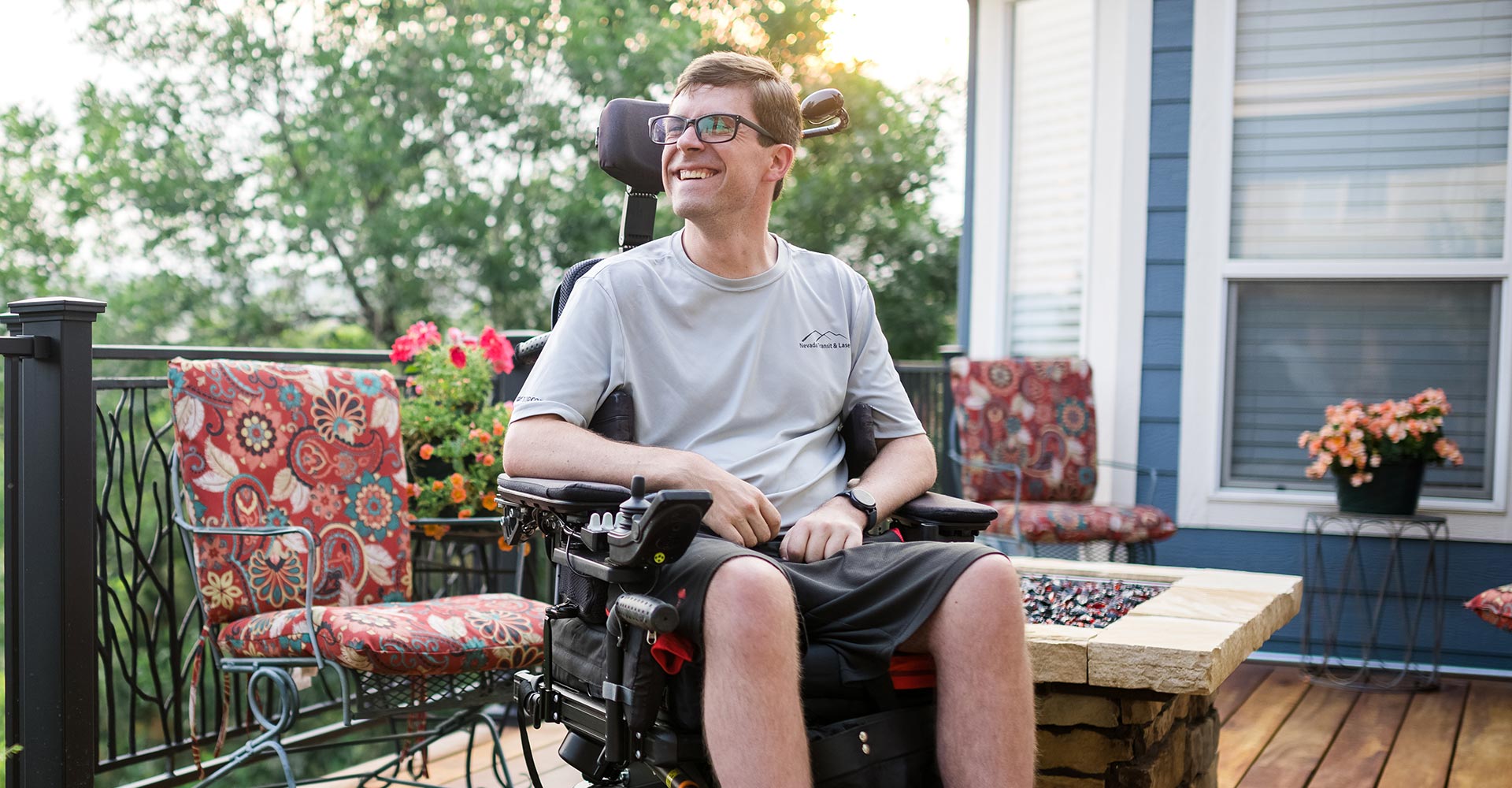
As a student in Metropolitan State University of Denver’s School of Education, Joe Schneiderwind co-authored a survey of academic literature that found just 25 peer-reviewed articles on students with disabilities in 20 years, or about 1% of the research on higher education. Likewise, the study showed that research on that student population has become less frequent over time, even as admission to college for students with disabilities has increased.
For Schneiderwind, those findings — and potential solutions — are personal.
Multiple sclerosis forced the former National Defense in Science and Engineering graduate fellow to leave his Ph.D. program in 2016. He decided instead to pursue his other passion: teaching math and science.
“I always had it in the back of my head that teaching would be a good option,” said Schneiderwind, who earned his license from MSU Denver this past spring and now teaches math at Rock Canyon High School. Schneiderwind shared his story and his mission at TEDxMSUDenver in September, when he took the stage to deliver a talk entitled “Normalizing disability begins in school.”
Schneiderwind said studying the seismo-acoustic underwater environment of the Arctic Ocean for the U.S. Navy was simple compared with the physical act of writing out and publishing his findings, which involved complicated mathematical formulas.
“I was figuring it all out myself,” he said. “I was completely unaware of what was available to help me do the programming and high-level computing that were necessary for me to do that type of work. That fits into the ‘invisibility’ piece that I’ve struggled with and am trying to change.”
In his teaching career, Schneiderwind will rely heavily on voice-to-text computer programs, he said.
Having completed much of his academic career prior to the onset of MS, he’s excited to bring his perspective to teaching and understands the importance of showing students that it’s possible for a person in his position to succeed professionally.
Schneiderwind has presented his research on panels and talked about it in education publications, and he’s even conducted hands-on science experiments in his driveway for the children in his Castle Rock neighborhood to show that STEM is for everyone.
“I sort of see the disability progression as a blessing in disguise because it did push me to a different path,” he said. “I’m really looking forward to teaching, and there is plenty of research to be done here as well.

